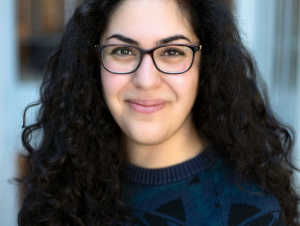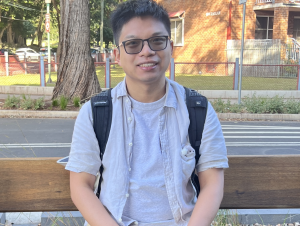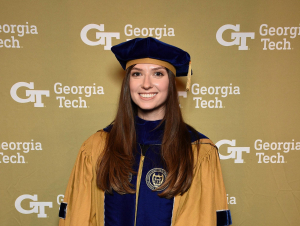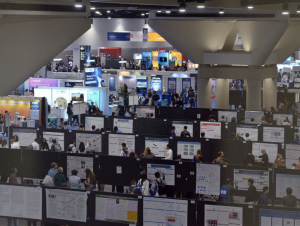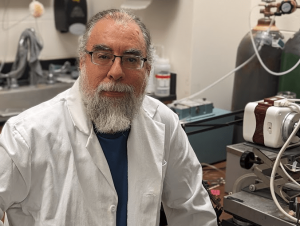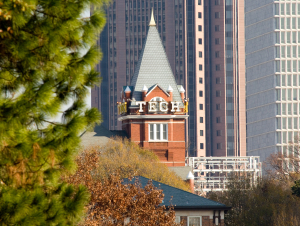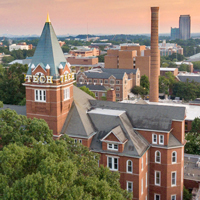Latest News
Manafzadeh will join Georgia Tech as an assistant professor in the School of Biological Sciences in August 2026. The new Manafzadeh Lab at Georgia Tech will investigate how joints work and where they come from — both evolutionarily and developmentally.
Congratulations to Gong Chen, winner of the 2026-2027 AMS Stefan Bergman Fellowship.
A Ph.D. graduate’s research shows that the more humanlike an AI agent is, the less likely a user is to follow it.
With more than 60 presentations and recognition for neuroscience outreach and AI research, Georgia Tech demonstrated its growing impact at the 2025 Society for Neuroscience’s annual meeting.
Physics Professor Flavio Fenton has been named a Bill Kent Family Foundation AI in Higher Education Faculty Fellow. The fellowship supports faculty projects that explore innovative, ethical, and impactful uses of AI in teaching and learning.
The AI4Science Center's seed grant aims to support the development of research projects centered on innovation and collaboration.
- 1 of 255
- older ›


